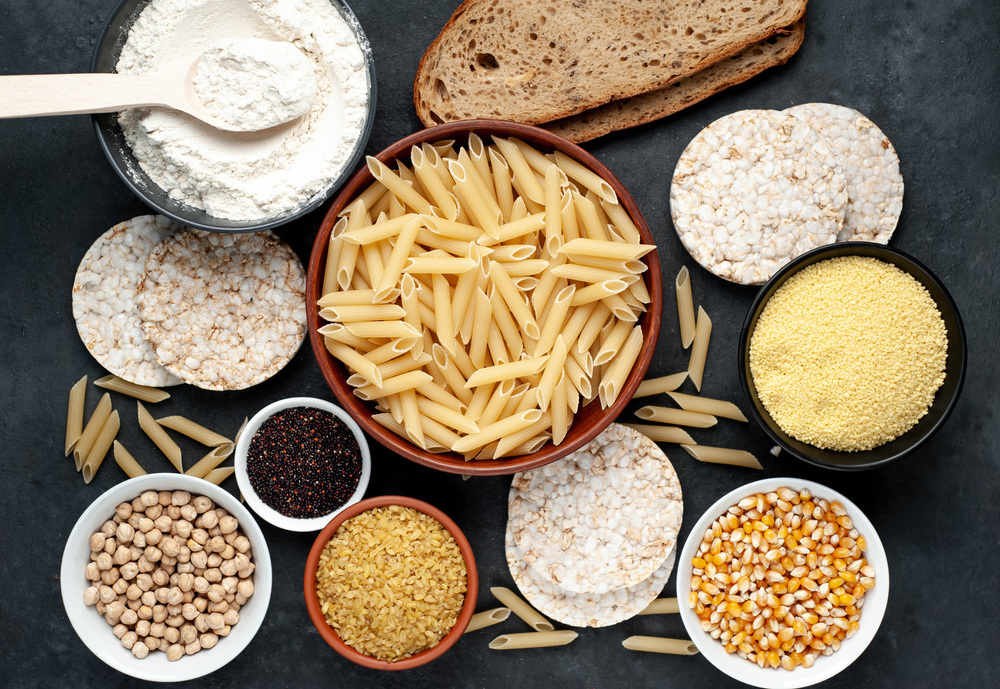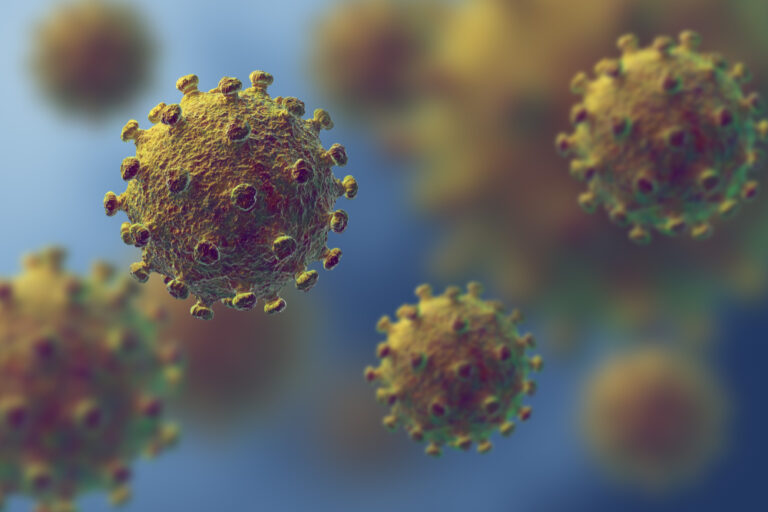
- Grains that contain gluten – if you want to avoid feeling bloated and tired all day long, you should stay away from things such as wheat, barley, rye, triticale, farina, spelt, kamut, wheat berries, farro, and couscous. You can eat oats because they are naturally gluten-free, but it is possible that they might be blended with gluten during the time they are being processed;
- Most crackers, wraps, and bread – most of these products usually contain gluten. If you want to be sure about it, you should check the ingredient list and see which grains are used. You should avoid consuming bread in general, whether it’s white, rye, whole wheat, or sourdough. Besides these, you should also avoid wheat crackers, whole wheat wraps, flour tortillas, flatbread, and bagels. If you enjoy consuming these products, you can look for alternatives that don’t contain gluten.
- Some types of condiments – even though you might not think of condiments as being a source of gluten, you are actually wrong, because a few of them harbor gluten, such as soy sauce, barbecue sauce, salad dressings, marinades, cream sauces, spice blends, gravy mixes, malt vinegar, and ketchup. If you still want to consume them, look for alternatives that don’t have gluten or search the recipes and make them at home.
- Baked goods – as much as we love them, unfortunately, baked goods are made with wheat flour. In addition to that, they can contain other grains that are rich in gluten. If you are sensitive to this type of protein, you should definitely avoid the following: cookies, cakes, pretzels, muffins, cakes, doughnuts, waffles, and pancakes. You can make them at home by using gluten-free flour and they will be just as delicious!

























